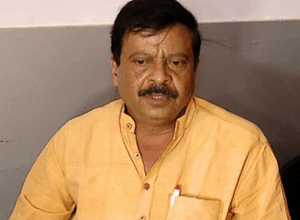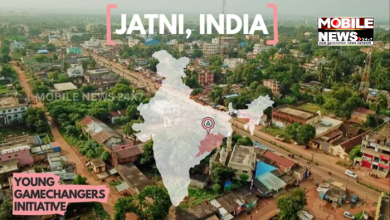122 Crocodile Nests Sighted In Bhitarkanika National Park

Kendrapada, July 20: A record number of 122 crocodile nests were sighted in four wildlife and forest ranges under Bhitarkanika National Park.
Divisional Forest Officer of Rajnagar Mangrove (Forest) and Wildlife Division Jangyadutta Pati said 38 more crocodile nests were spotted this time at Bhitarkanika National Park by the forest personnel than the last year.
Last year, the forest personnel had counted only 84 crocodile nests as the Severe Cyclonic storm “Yaas” had affected the nesting process of Estuarine crocodiles.
Pati said the forest personnel have spotted as many as 110 nests of crocodiles in Kanika forest and wildlife range, 9 nests under Rajnagar forest and wildlife range and 2 nests at Gahirmatha forest and wildlife Range and one nest at Mahakalapada forest and wildlife range.
The female crocodiles lay eggs inside the mangrove forest near the water bodies of the park areas and guard the eggs till the hatchlings emerge from the eggs.
The crocodile created a mount-like structure of a nest with mangrove leaves for laying eggs.
Forest officials said at least 10 per cent of eggs laid by the female crocodile are generally destroyed by predators whereas 50 per cent of the eggs are found to have infertility and hatchlings emerge from the rest 20 to 30 per cent of eggs.
The Rajnagar Mangrove (wildlife) forest division had imposed a three months ban, from May 1 to July 31 for tourists to count the crocodile nests in the water bodies of Bhitarkanika National Park and nearby rivers, the DFO said.
This time the forest personnel collected 58 eggs from a wild nest of Estuarine crocodile at Chintamani Creek as it was laying vulnerable.
The collected eggs were incubated in captivity under semi-natural conditions to hatch them artificially at the Crocodile Breeding and Research centre in Dangamal within Bhitarkanika National park.
The hatchlings were reared for three years and then released into the wild.
By way of the ‘rear & release’ technique, the baby crocodiles after birth are released into the wild as a part of the conservation programme of the endangered species, the Ranger of Kanika forest Range. Ranger of Kanika forest Range Manas Kumar Sahu said.






